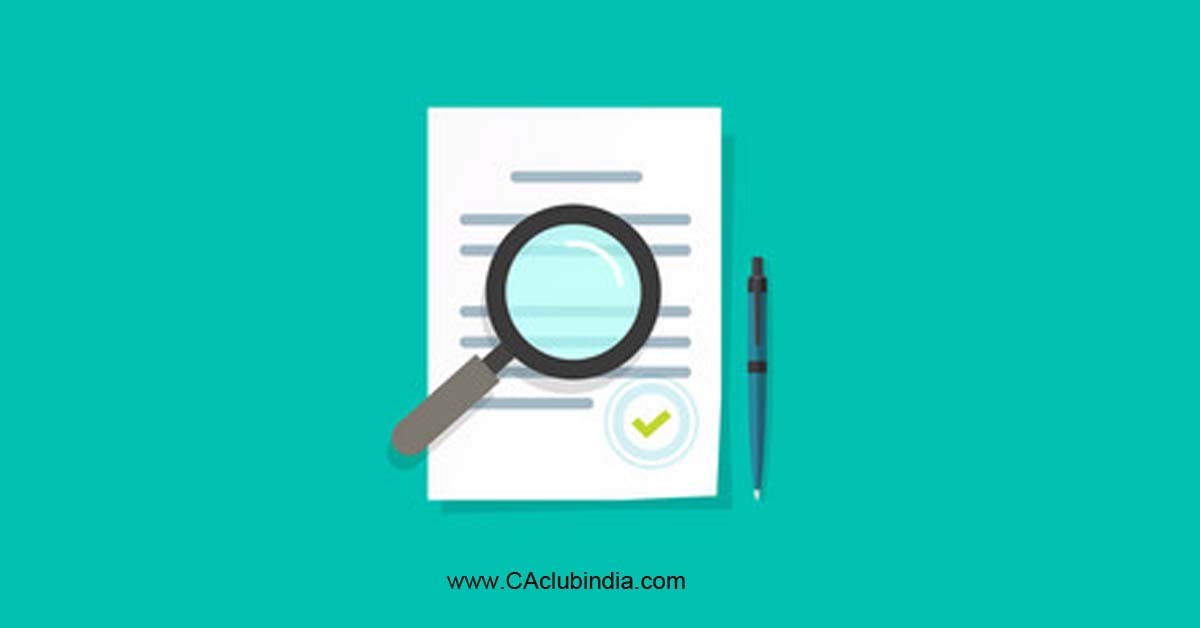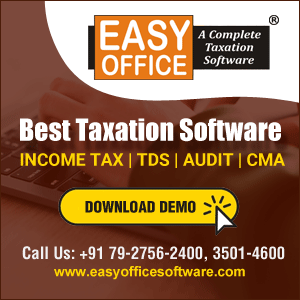As a new financial year begins, many Indians are looking for ways to maximise their savings and minimise their tax liabilities. One popular investment option that offers potential tax benefits is Fixed Deposits (FDs). In this article, we'll explore the 10 most effective ways to save on taxes with FDs and how they can be a tool for managing your finances.
Features and Benefits of Tax-Saving FDs
Tax-saving FDs have several features and benefits that make them an attractive investment option for taxpayers. These include:
- Guaranteed returns on investment
- Investment Tenure of five years
- Tax benefits under Section 80C of the Income Tax Act, 1961
- Nomination facility
- Auto-renewal facility
- Loan against tax-saving FD facility

Eligibility Criteria for Tax-Saving FDs
To invest in tax-saving FDs, you must pass the following criteria:
- Applicant must be an Indian citizen.
- A valid PAN card.
- You can invest in tax-saving FDs individually or jointly with another person. The tax benefit will only be available to the first holder.
Regular FDs Vs. Tax-saving FDs
Tax-saving FDs offer deductions to the applicant under Section 80C of the Income Tax Act, 1961 up to Rs 1.5 lakh in each financial year. For regular FDs TDS is deducted if the interest earned is above Rs 40,000 in a fiscal year, the figure is Rs 50,000 for senior citizens. While regular FDs have no lock-in period, tax-saving FDs have a lock-in period of five years.
How Can FDs Help You Save Taxes in a Financial Year?
1. Invest in Tax-Saving FDs
Investing in tax-saving FDs is an excellent way to save on taxes. These deposits come with a lock-in period of five years and offer tax benefits under Section 80C of the Income Tax Act. You can invest up to Rs 1.5 lakh in these deposits and claim a deduction on your taxable income. This means that the amount invested in tax-saving FDs is deducted from your taxable income, reducing your tax liability.
2. Consider Senior Citizen FDs
If you're a senior citizen, investing in senior citizen FDs can be an excellent choice. These deposits offer higher fixed deposit interest rates as well as tax benefits. Investing in senior citizen FDs can be particularly beneficial for retirees who rely on a fixed income and want to save on taxes.
3. Invest in Joint FDs
Investing in joint FDs with your spouse or family member who is also earning is another great way to split the interest earned on the deposit and lower your tax liability. This can be particularly useful if one of you is in a higher tax bracket than the other, as it can help even out the tax burden.
4. Choose the Right Tenure
The tenure of your FD can also impact your tax liability, so it is important to choose the right tenure. Withdrawing your deposit before the lock-in period ends may result in penalties and loss of tax benefits. Additionally, if you are investing in tax-saving FDs, you need to ensure that the deposit has a lock-in period of at least 5 years to qualify for tax benefits.
5. Reinvest the Interest Earned
Reinvesting the interest earned on your FD is a wise decision that allows you to continue earning interest on your savings and save on taxes.
6. Use a Tax Calculator
Using a tax calculator to estimate your tax liability before investing in an FD is always a good idea. This can help you determine the amount you need to invest to maximise your tax-savings and avoid overinvesting. Additionally, it can help you plan your finances better and ensure that you're making the most of your investments.
7. Plan Your Investments
Planning your investments for the financial year is also recommended to make the most of your FDs and minimise your tax liability.
8. Compare FD Interest Rates
Another factor to consider is the interest rate offered by banks. Interest rates vary from bank to bank, and it is essential to compare rates before making an investment decision. Banks typically offer higher interest rates on FDs with longer tenures, so it is important to find the right balance between the tenure and the interest rate.
9. Note Your Tax Slabs and Rates Applicable
Additionally, it is essential to take into account the tax rate applicable on your income bracket. The tax rate can vary depending on your income, and it is crucial to invest in FDs that offer tax benefits that align with your tax bracket. It is critical to understand the tax implications of FDs when investing. While FDs offer tax benefits, it is essential to keep in mind that the interest earned on them is taxable. The tax is deducted at the source by the bank, and it is crucial to keep track of the tax deductions made on your deposits.
Conclusion
Investing in FDs can be an excellent way to save on taxes and maximize returns. With their low-risk profile, guaranteed returns, and tax benefits, FDs are a popular investment option among many Indians. Whether you're a newbie or a seasoned investor, it is essential to take the necessary precautions and do your research before investing.








 CAclubindia
CAclubindia

